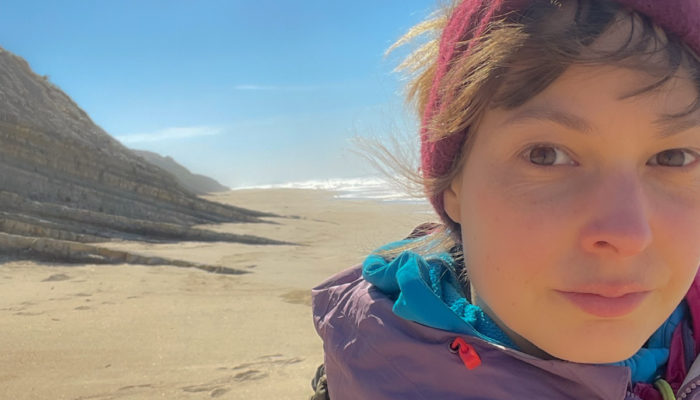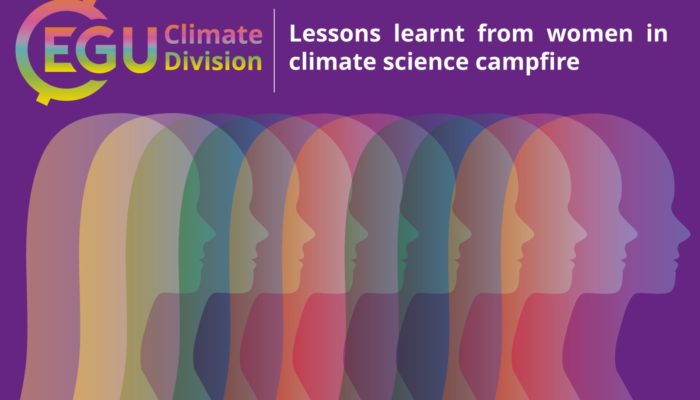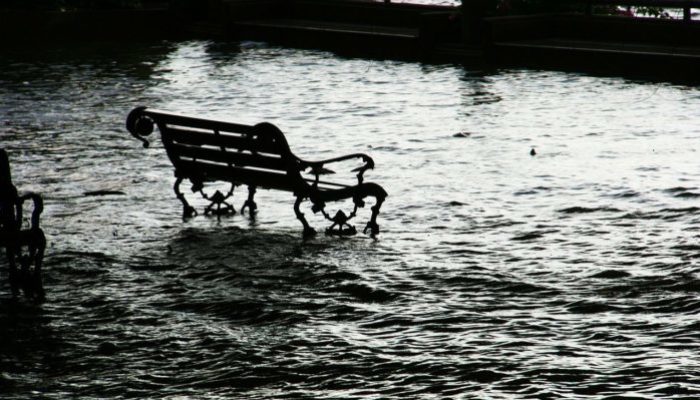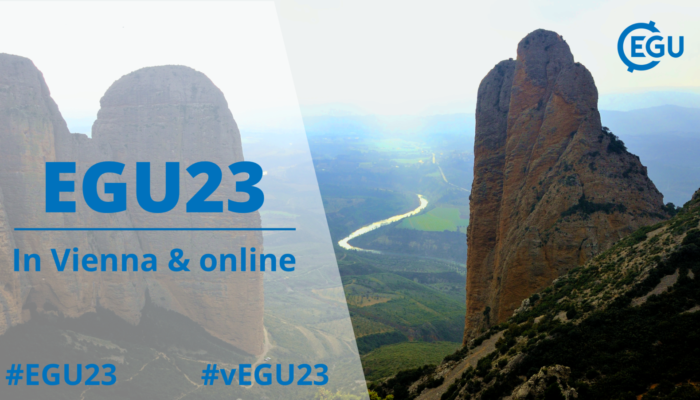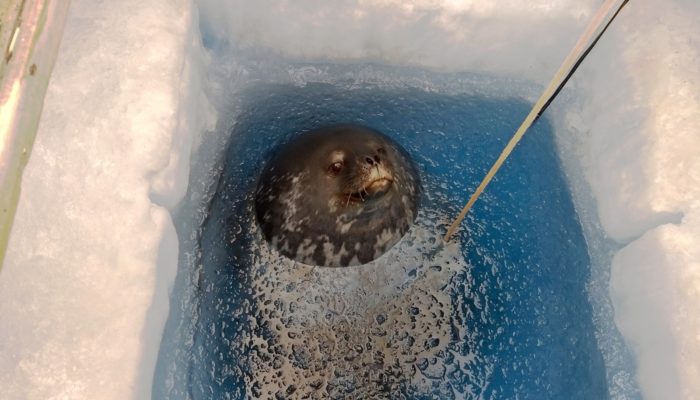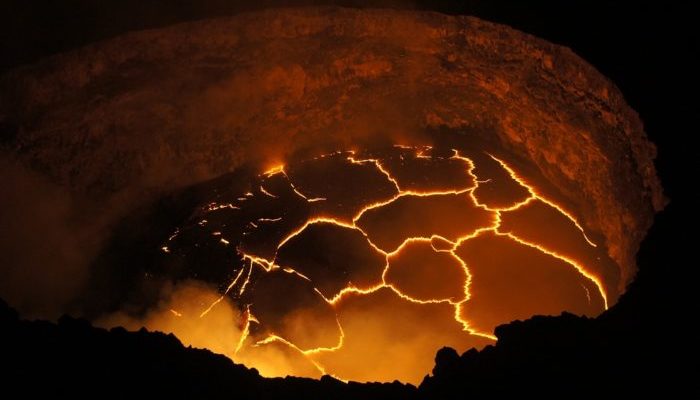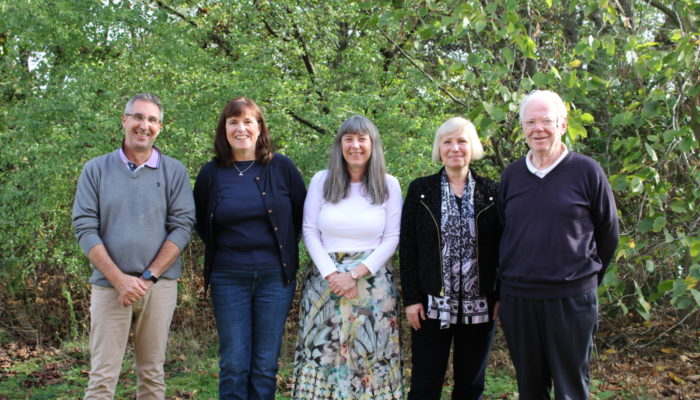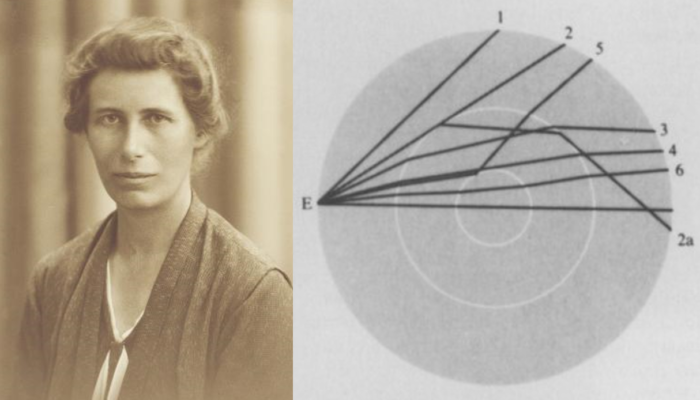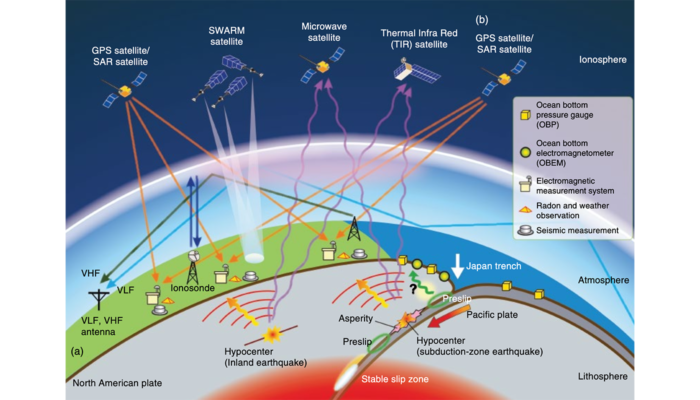Hi Marisa. Thank you for joining us today! Could you tell our readers a bit about yourself and your research? Hi, I am a geologist and organic geochemist, currently working as a postdoc at the NIOZ Netherlands Institute for Sea Research based on the island Texel. After my geology-focused undergraduate and master studies in Germany at the RWTH Aachen and Heidelberg University, I graduated wi ...[Read More]
If you didn't find what you was looking for try searching again.
Climate: Past, Present & Future
Lessons learnt from women in climate science campfire event
‘Women in Climate Science Campfire’ event On November 7th, 2022, the EGU Climate Division outreach team hosted a campfire event, a series of online presentations on ‘women in climate science,’ where we covered subjects from the current state of knowledge on women being affected by climate change to many of the challenges female scientists faced (or faces) in the current societal landscape. Followi ...[Read More]
Natural Hazards
Understanding and assessing hydrological extremes, a discussion with Alberto Viglione
Extreme hydrological events affect billions of people worldwide, and their negative impacts will likely increase due to climate change, urbanisation and ageing infrastructure. Further understanding of hydrological extremes and societal responses to floods is critical in mitigating flood risk and creating better urban environments. In today’s interview, we talk with Prof. Alberto Viglione. Al ...[Read More]
GeoLog
EGU23: A hybrid General Assembly with too many benefits to ignore!
Are you planning to attend the upcoming EGU General Assembly – either on-site in Vienna, Austria or remotely as a virtual participant? This year, EGU has decided to take time for science, and encourages you to do the same. For us, this means offering our attendees the “best of both worlds,” through a carefully and creatively curated hybrid conference. For you, we hope this means a ton of benefits ...[Read More]
Cryospheric Sciences
Image of the Week – Receiving messages from the deep
The Weddell Seal pops his head up through the hole in the floor of the shipping container… for the fourth time today. The shipping container is one of several making up our field camp on sea ice, 40 km from Scott Base – situated on Ross Island, in the south-western Ross Sea. Today I talk about the sub-ice platelet layer, which provides the base for a rich marine environment. Generating super ...[Read More]
Geochemistry, Mineralogy, Petrology & Volcanology
I asked ChatGPT to write a blog about lava lakes: here’s what happened
If you’ve not been living under a rock you’ve probably heard of ChatGPT, the AI text generator wowing the internet and striking fear into the heart of exam co-ordinators worldwide. I’ve been meaning to write a blog about lava lakes for a while now, ever since rewatching Werner Herzog and Clive Oppenheimer’s excellent documentary Into the Inferno. But with deadlines looming and lab work and admin c ...[Read More]
GeoLog
EGU’s President Helen Glaves and Vice-President Irina Artemieva discuss leadership in science!
For the first time in our history both EGU’s President and Vice-President are women – in fact most of our volunteer senior leadership team is compromised of outstanding women in science, our current President Helen Glaves, our Vice-President Irina Artemieva who will become President at the next General Assembly, and our General Secretary Jane Hart. This year for International WomenR ...[Read More]
Seismology
In Lehmann’s Terms – the Story of the Singular Seismic-Wave Spotter
It’s International Women’s Day 2023, so the EGU Seismology Division would like to celebrate the life and work of singular seismic-wave spotter – Inge Lehmann (1888-1993), a Danish seismologist who discovered that the inner core was solid! Inge Lehmann grew up in a family of high aspirations, with several family members being politicians, scientists, and engineers. Educated in a p ...[Read More]
Hydrological Sciences
From natural streams to urban consumption: Water distribution networks and their strong environmental footprint in a changing climate
Water distribution networks play a crucial role in ensuring access to clean and safe drinking water. However, they can also have significant environmental impacts, especially in the context of a changing climate. To minimize their environmental footprint, it’s important to adopt sustainable practices by implementing energy-efficient technologies. Freshwater availability: a worsening crisis ...[Read More]
Geodynamics
Study of the Lithospheric deformations, Earthquakes, Tsunamis, Volcanic eruptions and their imprints in Atmosphere using Space Geodetic Observations
The fundamental of Space Geodesy is the observation of the dynamics of the Earth, such as its rotation on its axis, changes in shape, and the external gravitational field etc., which allow for the monitoring of the Earth system in general. Space Geodetic techniques, such as Global Navigation Satellite Systems (GNSS) / Global Positioning System (GPS), as well as Interferometric Synthetic Aperture R ...[Read More]

